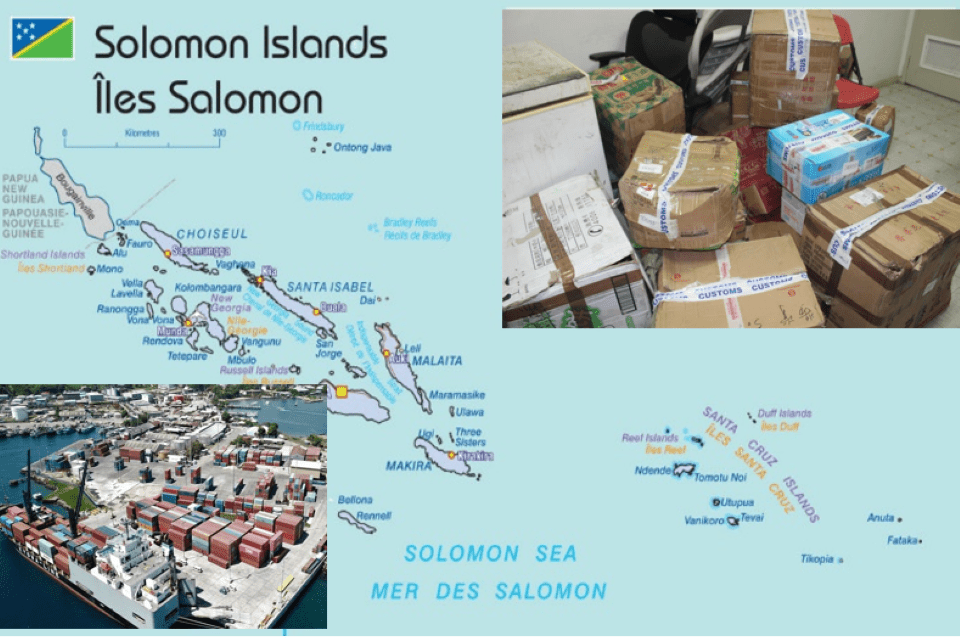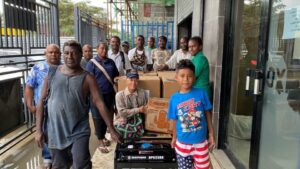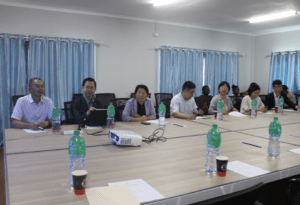BY JOHN HOUANIHAU
THE global pandemic has triggered more monitoring efforts to be made on the arrival and departure areas within the Solomon Islands domestic and international entry points, according to the Principal Biosecurity Officer, Ishmael Bresamana.
Principal Biosecurity Officer of the Biosecurity Division within the Ministry of Agriculture and Livestock, Bresamana told Sunday Isles that officers have already scaled up their monitoring and screening efforts to protect the country from any exotic animal or plant pest and diseases entering our international borders.
“Our work at the airport is mainly to achieve the aim of the biosecurity, the aim is to protect our country from any foreign pests and diseases.
“The main entry points are the Solomon Islands Ports Authority jetties, Honiara International Airport, and Munda Domestic and International Airport,” he said.
The Principal Biosecurity Officer said that what the Biosecurity Division usually does is to attend incoming arrival of flights and vessels.
“We usually attend to flights or foreign vessels coming into the country because we believe that somehow pests can also travel through planes and vessels.
“What we do is check all the cargos to ensure the cargos are properly documented –proper dating, etc. we must inspect the documents whether it was according to the documents.”
He said that they can also question passengers on the ground whether what she/he brought into the country is free of foreign pests and diseases.
“The other thing we do is screening individual bags at these entry ports. We have to check them to ensure passengers are honest and true.
“The same approach is also carried out at the provincial headquarters.
“Biosecurity is operating under three books, the Biosecurity Act, the Regulations, and the Operational Workbook.
“The Biosecurity Act is the main book, the regulation book normally tells officers what to do and the operational workbook that guides officers on how to do their work.
He pointed out that it is also important for them to step up their biosecurity efforts to protect the country from domestic pests and diseases going out of the country through the exports of raw materials.
“If countries identify that the Solomon Islands have too many pests and diseases, we will not be capable to do exporting.”
He said charges can be laid against anyone or company who breach our biosecurity laws and regulations.
“We have the mandate to confiscate illegal goods and can charge hefty fines on individuals or bigger companies – we can charge them with millions depending on the nature of the crime.
“Currently our officers are stationed at the provinces of Temotu, Choiseul, Noro, and Gizo, and very soon one will be a station at Bina, Malaita province (once Bina Tuna processing project is open).”
He said that Biosecurity needs cooperation from the people because of the limited human capacity the division has.
“We need the eyes and ears of the people, if any people might spot, and hear about any pests and diseases that are not familiar to them, then it is advisable to report it to the biosecurity office,’’ he said.




